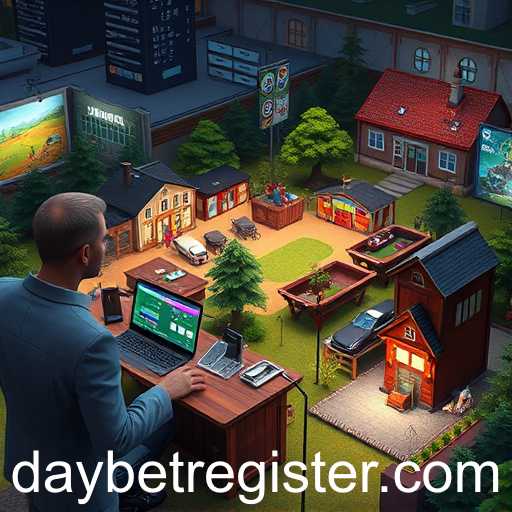Simulation games have carved out a unique niche in the vast landscape of video gaming, offering players a chance to step into roles and environments that range from the fantastical to the incredibly mundane. The rise of these games has been propelled by a combination of technological advancements and a growing appetite for experiences that offer more than just traditional gameplay. Whether managing a bustling city, running a farm, or training for a career in aviation, simulation games provide a playground where imagination meets a close approximation of the real world.
At their core, simulation games are designed to mimic real-world activities as authentically as possible. This genre encompasses a wide array of sub-genres, including city-building simulations like "SimCity," life simulators such as "The Sims," and complex management games like "Football Manager." These games are not just about entertainment; they also offer educational value by allowing players to experiment and learn about real-life processes and decision-making in a risk-free environment.
The accessibility of simulation games is one of their most appealing features. Most games in this category do not require rapid reflexes or high-level strategic thinking, making them suitable for a broad spectrum of age groups and gaming skill levels. This inclusivity has bolstered their popularity, with titles such as "Animal Crossing" reaching a global audience.
Furthermore, the simulation game community is incredibly vibrant and creative. Games often support modding, allowing players to add new features, scenarios, or even completely overhaul the game mechanics. This user-generated content significantly extends the lifespan of a title and fosters a strong sense of community among players who share tips, mods, and stories.
In recent years, the keyword "daybet register" has permeated gaming forums and discussions, though its connection to simulation games is not immediately apparent. This phrase seems to have emerged from peripheral data analytics tools that online platforms use to recommend games or activities based on user habits or interests. While it doesn't directly relate to in-game mechanics, it emphasizes the interconnectedness of online interactions and gaming subscriptions, highlighting how players are increasingly engaging with simulation games alongside other digital experiences.
Overall, simulation games continue to thrive, adapting to new technologies such as virtual reality to offer even more immersive experiences. They stand as a testament to the potential of video games to blend learning, creativity, and entertainment, providing players with a rich medium for exploration and expression. As the line between virtual and augmented realities continues to blur, simulation games will undoubtedly play a pivotal role in shaping our digital interactions and experiences.








